Walk through America's revolutionary history on Boston's famous 2.5-mile trail. Discover 16 significant historic sites from colonial landmarks to revolutionary meeting places, all connected by the distinctive red brick path.
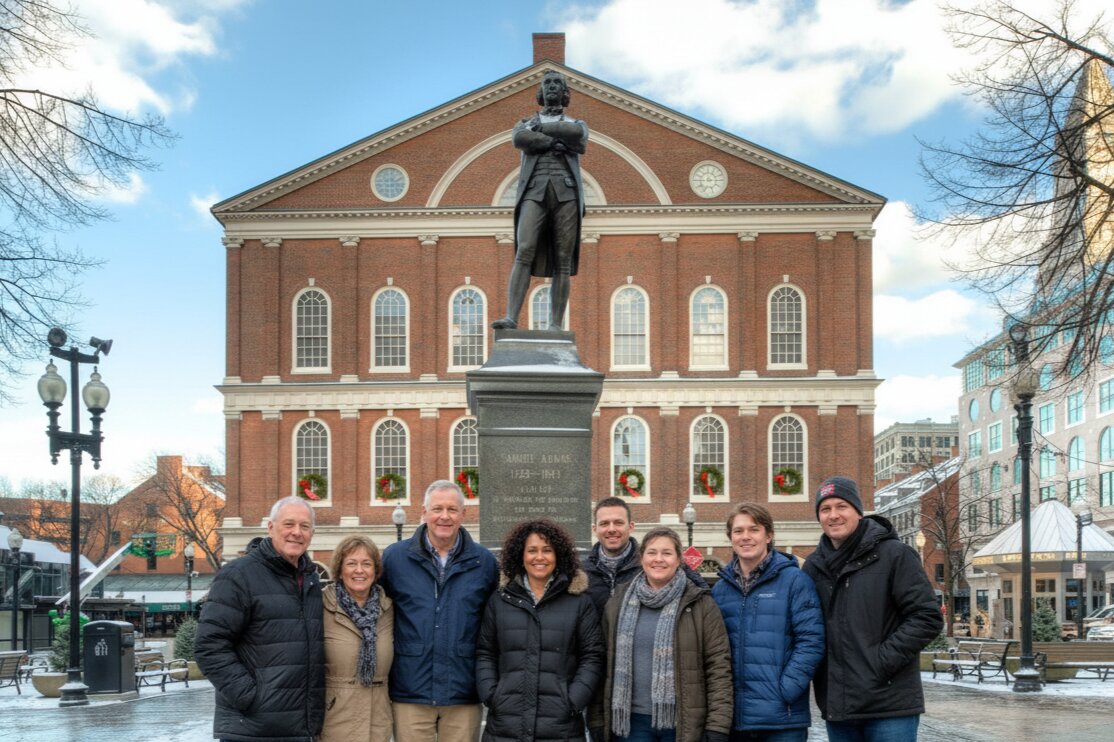
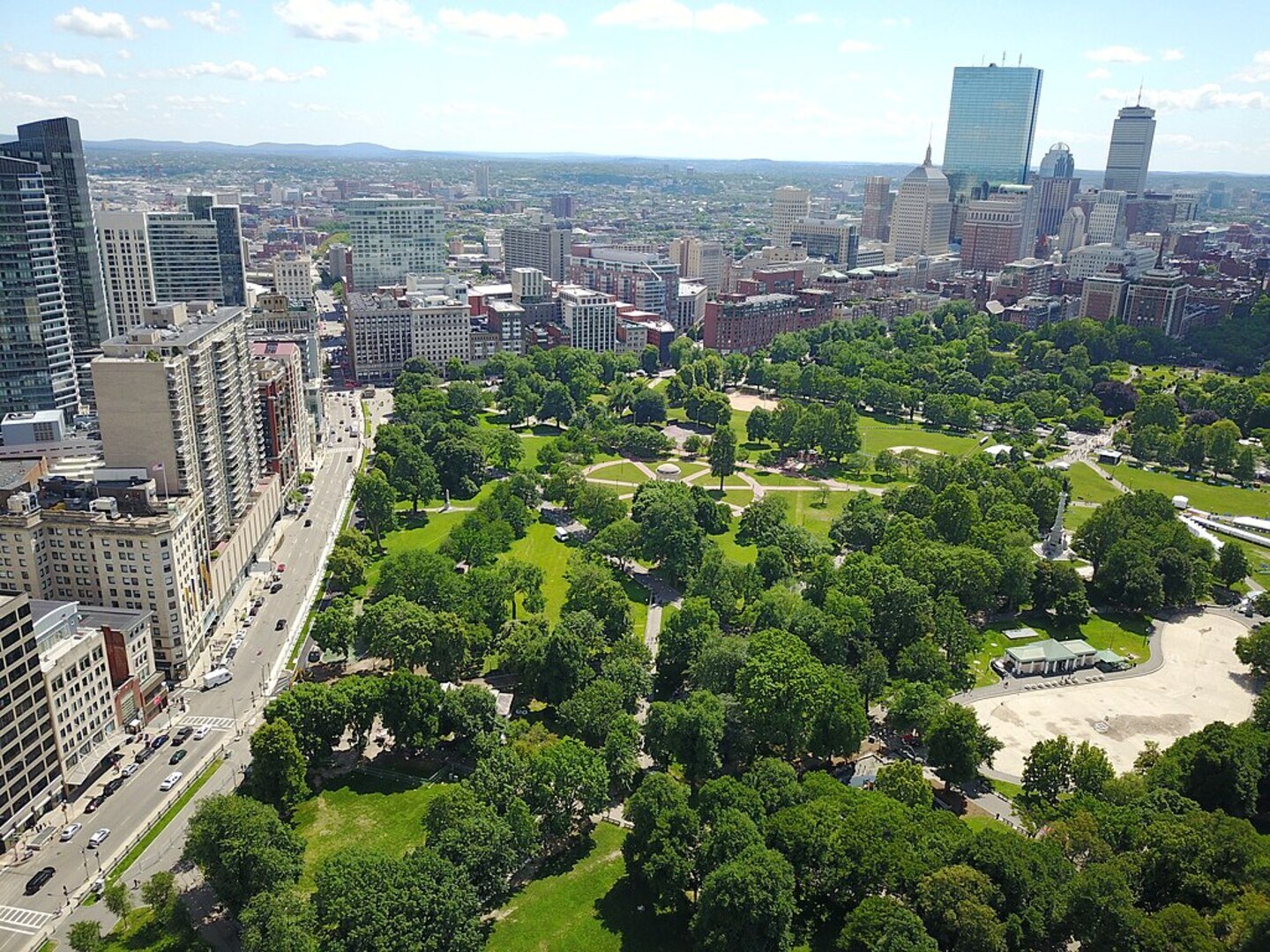
Explore Boston's Freedom Trail with expert guides through 16 historic sites including Boston Common, Massachusetts State House, and Faneuil Hall. Discover revolutionary stories, colonial architecture, and authentic American history in an intimate small group setting.
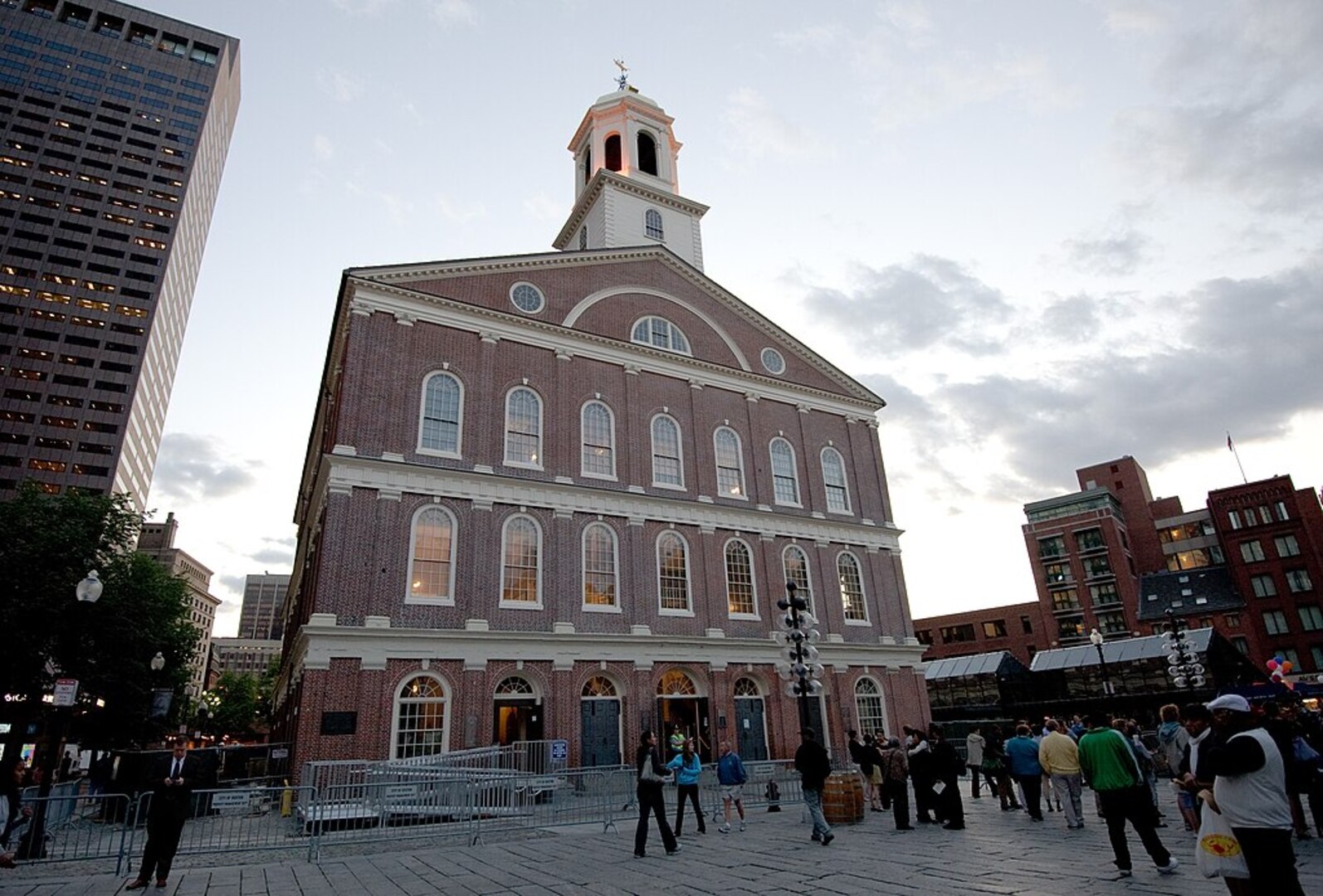
Join the official Freedom Trail walking tour from Boston Common to Faneuil Hall and beyond. Experience authentic revolutionary history with costumed guides and immersive storytelling at key historic sites along America's founding story.
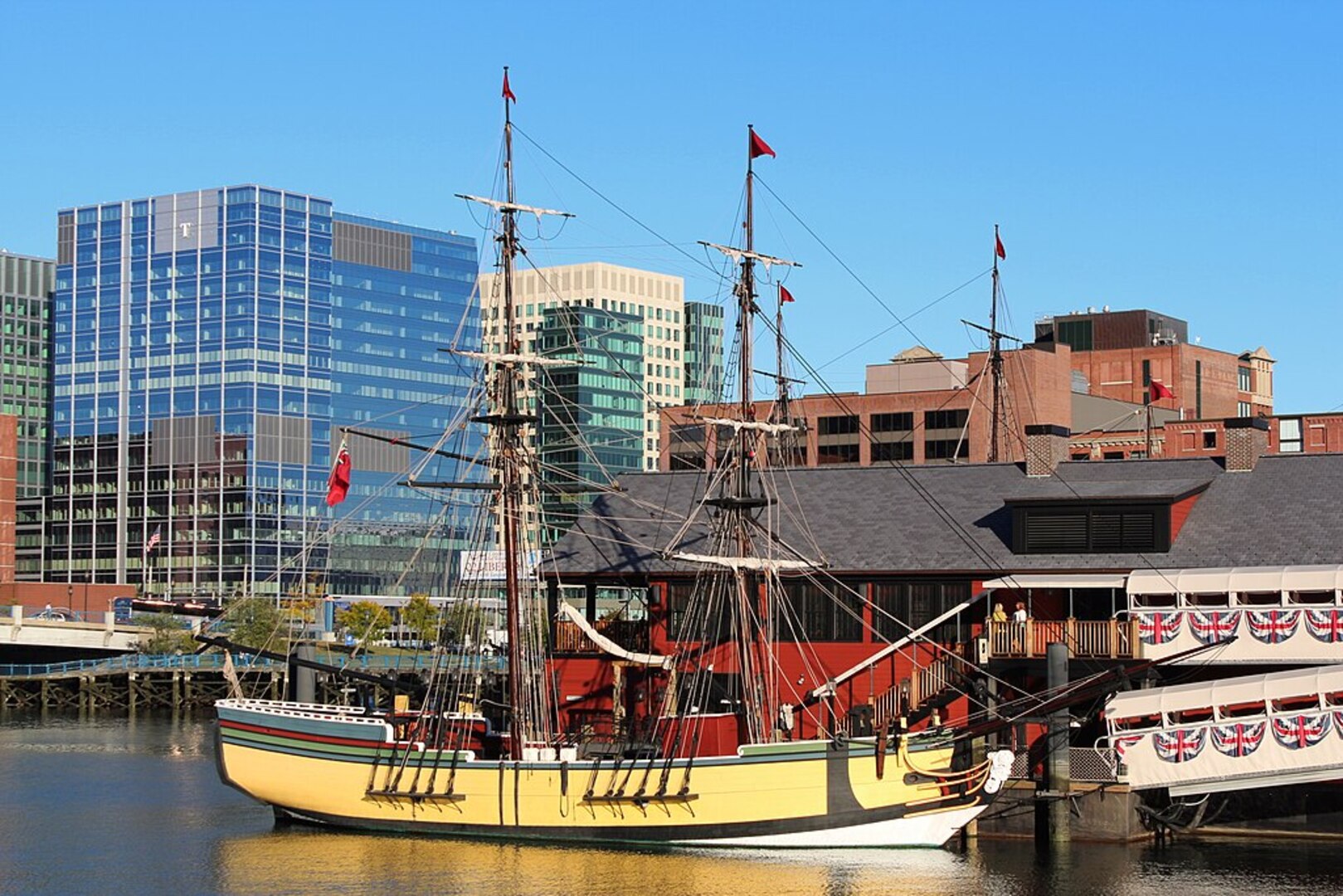
Walk Boston's famous 2.5-mile Freedom Trail with expert commentary on revolutionary events, historic sites, and colonial landmarks. From the Boston Tea Party to Bunker Hill, experience the complete story of America's founding.
The Freedom Trail stands as Boston's most famous historic walking path, connecting 16 significant locations that tell the story of America's founding. This 2.5-mile brick-lined trail weaves through downtown Boston, linking colonial landmarks, revolutionary meeting houses, and key sites where the nation's independence was forged.
More than just a walking path, the Freedom Trail represents America's revolutionary spirit and democratic heritage. From the Boston Common where colonists gathered to protest British rule, to the Old North Church where lanterns signaled Paul Revere's midnight ride, each site tells a compelling story of courage, determination, and the birth of a nation.
Discover Revolutionary History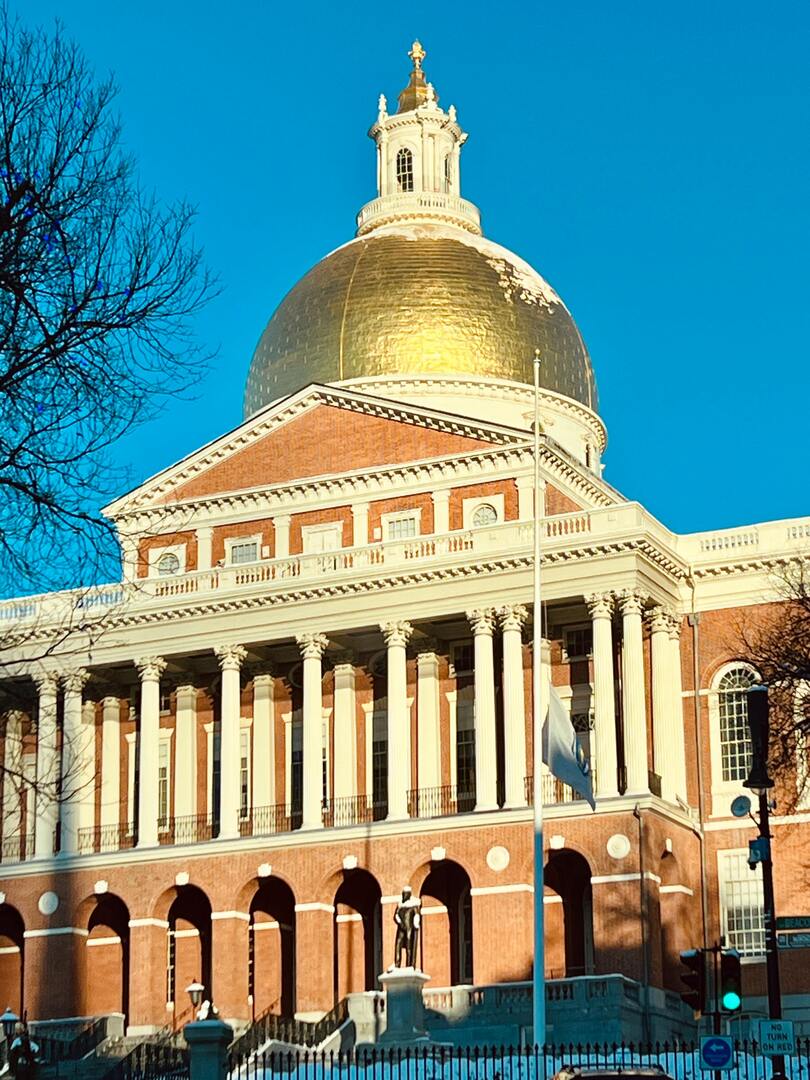
Experience the authentic sites where America's founding story unfolded, from the Boston Massacre to Paul Revere's midnight ride. The Freedom Trail preserves the locations that shaped the nation's democratic beginnings and revolutionary spirit.
Walk the famous 2.5-mile brick path connecting Boston's most significant revolutionary landmarks. From Boston Common to Bunker Hill Monument, discover the complete story of colonial Boston and the fight for American independence.
Join knowledgeable guides who bring history to life with engaging stories and authentic details. Choose from small group tours, official guided walks, or comprehensive experiences that highlight different aspects of Boston's revolutionary past.
Whether you're a history enthusiast, family with children, or first-time visitor to Boston, the Freedom Trail offers accessible and engaging experiences. Self-guided options with maps complement guided tours for every interest level.
1951 – Trail Creation: The Freedom Trail was established by journalist William Schofield and Boston Mayor John Hynes to preserve and showcase Boston's revolutionary history. The distinctive red brick path connects 16 significant historical sites across 2.5 miles of downtown Boston.
1953 – Public Opening: The Freedom Trail officially opened to the public, with 40,000 visitors walking the trail in its first year. The trail quickly became Boston's most popular tourist attraction, connecting sites from the American Revolution and colonial era.
Key Historic Sites: The trail features Boston Common (America's oldest public park), Massachusetts State House, Park Street Church, Granary Burying Ground, King's Chapel, Boston Latin School, Old Corner Bookstore, Old South Meeting House, Old State House, Boston Massacre Site, Faneuil Hall, Paul Revere House, Old North Church, Copp's Hill Burying Ground, USS Constitution, and Bunker Hill Monument.
Revolutionary Events: The Freedom Trail sites witnessed pivotal moments including the Boston Tea Party planning at Old South Meeting House, Paul Revere's midnight ride signaled from Old North Church, and the first battle of the American Revolution at Bunker Hill.
Modern Preservation: Today, the Freedom Trail attracts millions of visitors annually while maintaining its educational mission. The trail is managed by the Freedom Trail Foundation and City of Boston, offering both self-guided exploration and expert-led tours that bring America's founding story to life.
Explore historic sites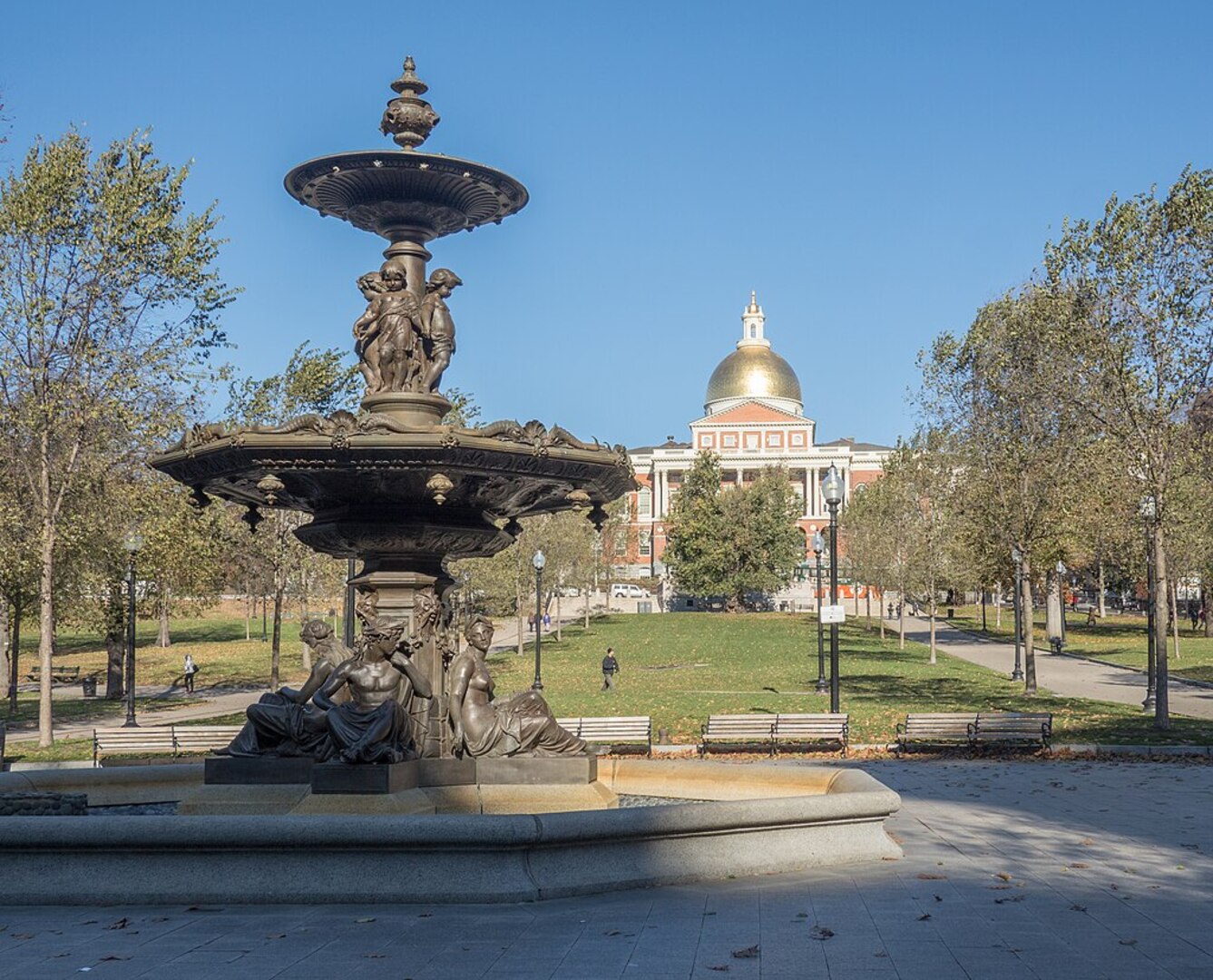
Begin your journey at America's oldest public park, where colonists gathered to protest British rule. Visit the Massachusetts State House with its distinctive golden dome, home to the state legislature and symbol of democratic government since 1798.
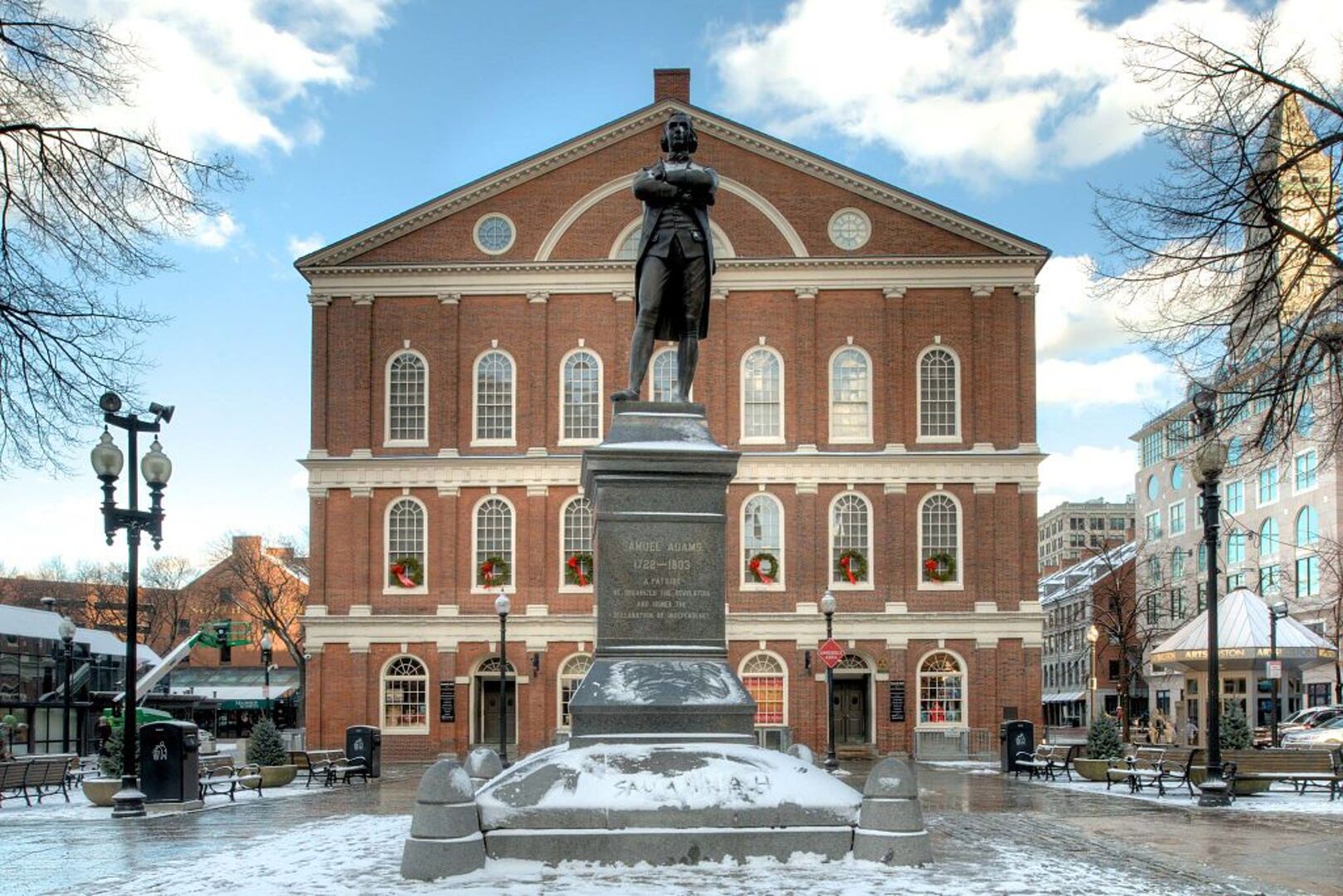
Explore "The Cradle of Liberty" at Faneuil Hall, where revolutionary leaders debated independence. Visit the Old State House, seat of colonial government and site of the Boston Massacre, featuring the lion and unicorn statues representing British royal authority.
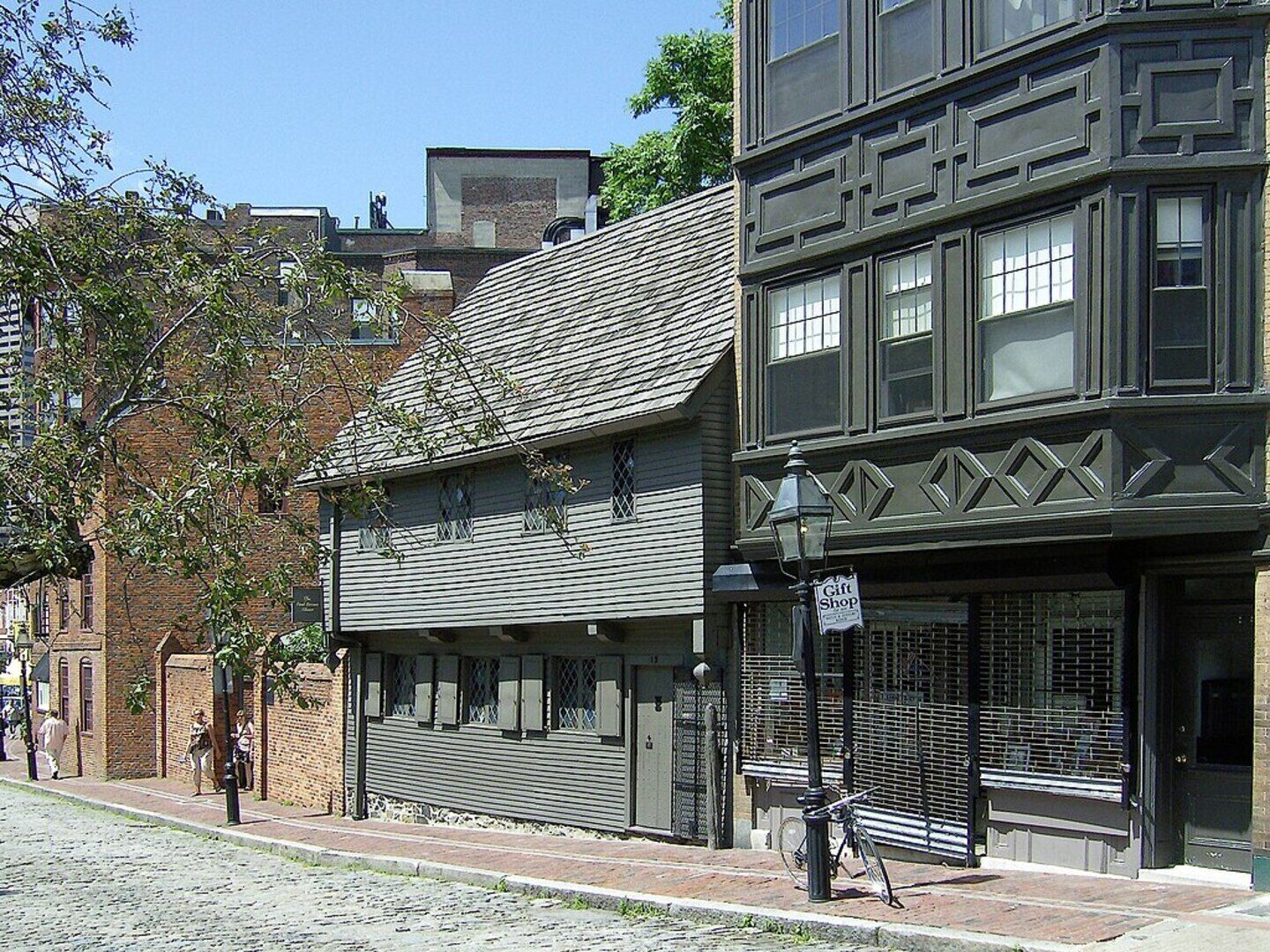
Step inside the home of patriot Paul Revere, preserved as it was in 1775. Visit the Old North Church where two lanterns signaled "one if by land, two if by sea" - the famous warning of British troop movements that sparked the American Revolution.
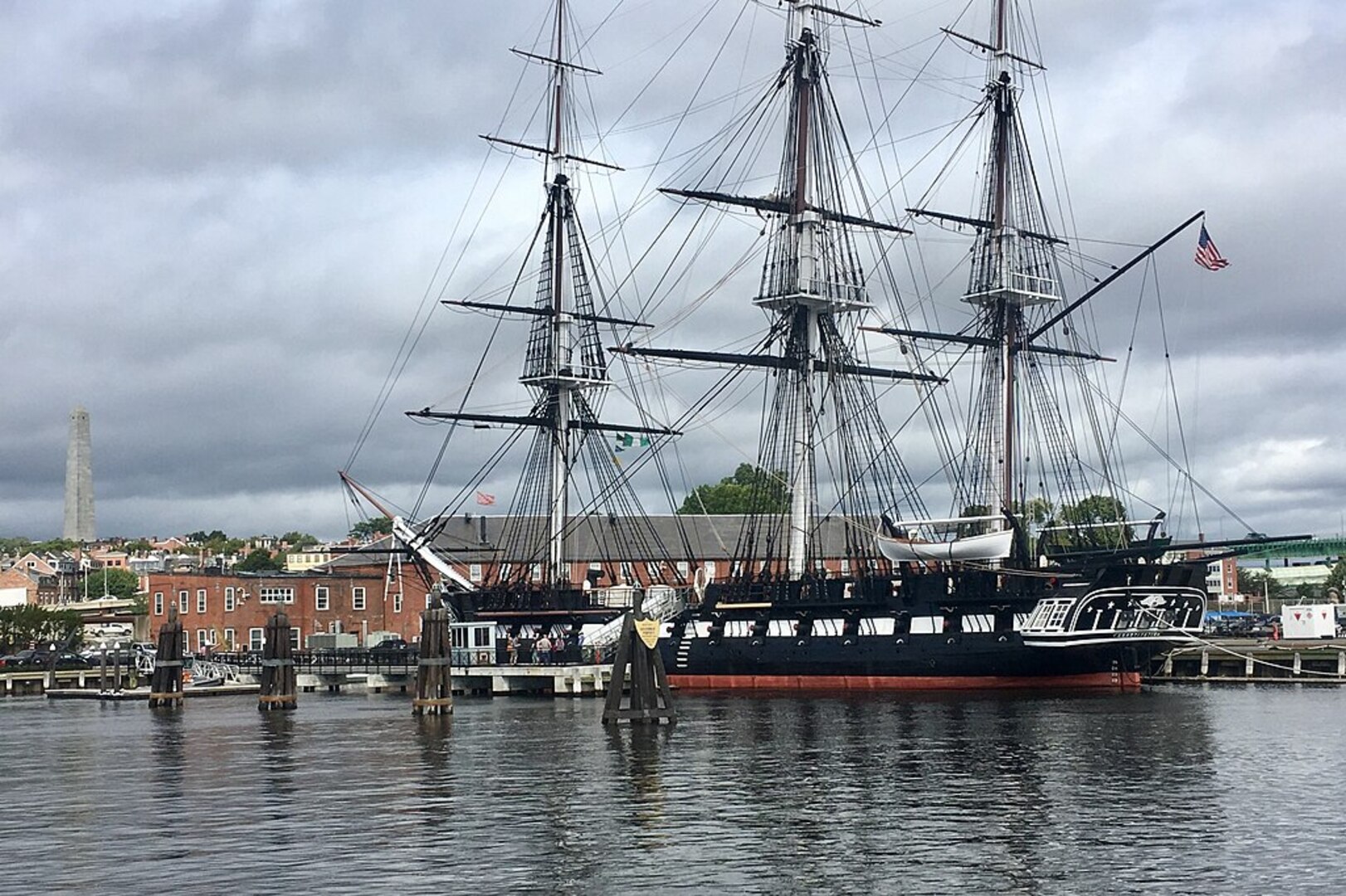
Experience "Old Ironsides," the world's oldest commissioned naval vessel afloat, berthed at the Charlestown Navy Yard. Climb Bunker Hill Monument to commemorate the first major battle of the American Revolution, offering panoramic views of Boston Harbor.
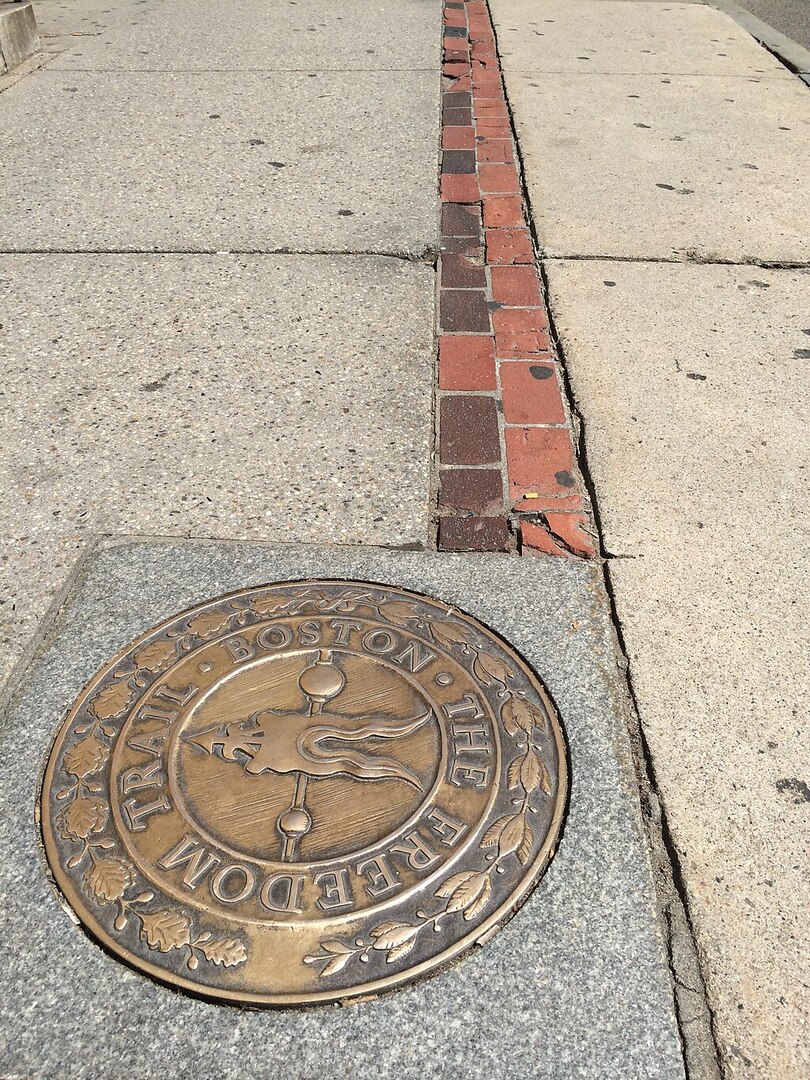
Make the most of your Freedom Trail experience with these essential planning tips:
Starting Point: Boston Common, Boston, Massachusetts, USA
Nearest Airport: Boston Logan International Airport (BOS) - 15 minutes
Coordinates: 42°21′36″N, 71°3′24″W
The Freedom Trail begins at Boston Common in downtown Boston and extends 2.5 miles through historic neighborhoods to the Charlestown Navy Yard. The distinctive red brick path connects 16 significant American Revolution sites and is easily accessible by public transportation, walking, or driving, with convenient connections throughout the greater Boston area.
Plan 2-4 hours for the complete 2.5-mile Freedom Trail experience depending on your interests and pace. Official guided tours typically last 90 minutes, while comprehensive walking tours can take 2-2.5 hours. Self-guided visits allow flexibility to explore sites at your own pace, and many visitors break it into sections over multiple days.
Spring (April-June) and fall (September-November) offer ideal weather with comfortable temperatures around 60-70°F and beautiful seasonal colors. Early morning visits provide smaller crowds and better lighting for photos. Summer months are popular but can be warm and crowded, while winter offers fewer visitors but colder weather conditions.
Absolutely! The Freedom Trail is perfect for families with engaging historical stories, interactive exhibits, and hands-on experiences at many sites. Children enjoy the storytelling, costumed interpreters, and exploring historic buildings. The outdoor walking path is stroller-friendly, and most sites offer free or low-cost admission for families.
Advance booking is recommended for guided tours, especially during peak season (summer months) and weekends. Official Freedom Trail tours and popular small group experiences often sell out. Self-guided exploration requires no advance booking - just download a free map or use the official app. Walk-up tickets are usually available at the Boston Common Visitor Center.
Essential stops include Boston Common (America's oldest park), Massachusetts State House, Faneuil Hall ("Cradle of Liberty"), Old State House, Paul Revere House, Old North Church (famous for "one if by land, two if by sea"), USS Constitution ("Old Ironsides"), and Bunker Hill Monument. Each site tells compelling stories of America's founding and revolutionary history.
The Freedom Trail is easily accessible by Boston's MBTA subway system with stops at Park Street, State Street, and Haymarket stations along the route. From Boston Logan Airport, take the Silver Line to South Station, then the Red Line to Park Street. Many downtown hotels are within walking distance. The trail is also accessible by bus, taxi, or rideshare services.
Bring comfortable walking shoes for the 2.5-mile brick path, weather-appropriate clothing (layers recommended for New England's variable weather), and a water bottle for hydration. Camera or smartphone for photos at historic sites. Download the official Freedom Trail app for interactive maps and stories. Some sites have modest admission fees, so bring cash or cards for entry.